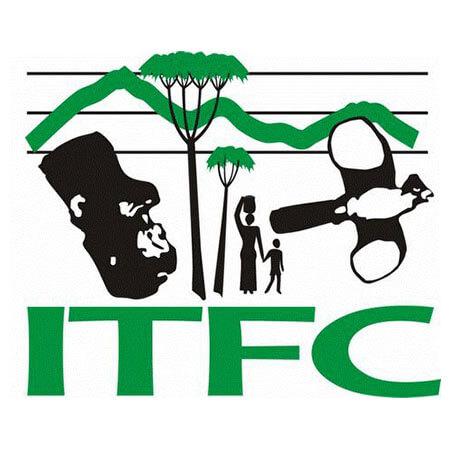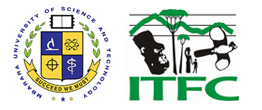
Welcome to ITFC
The Institute of Tropical Forest Conservation (ITFC) is a leading Ugandan research institution working primarily for biodiversity conservation and the sustainable management of natural resources in the Albertine Rift ecoregion. The institute was established in 1991 as a semi-autonomous research institute and field station of Mbarara University of Science and Technology (MUST).
Director's Welcome
A quick word from the Director ITFC - to get you familiarized with the institute, what we do and how we work.
History
From humble beginnings in 1983, ITFC has grown as has the significance of our work. Learn about our history.
Working with ITFC
At ITFC, we are always looking to work with new people - because conservation is collective effort.
Our Mother Institution
ITFC is one of the eight academic units of Mbarara University of Science and Technology (MUST) as per the Universities and other tertiary institutions Act of 2003 (revised in 2006) . It was established as a semi-autonomous postgraduate field station and research institute.
Our Vision
The Conservation of Albertine Rift protected areas and the welfare of neighbouring local communities enhanced.
Our Mission
To be a leading institution that supports ecological and sociological research, monitoring and training in the Albertine Rift ecoregion.
